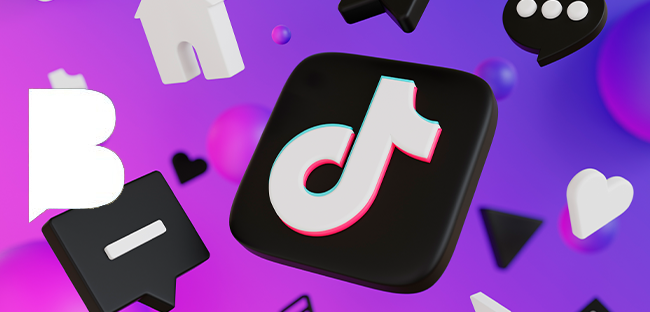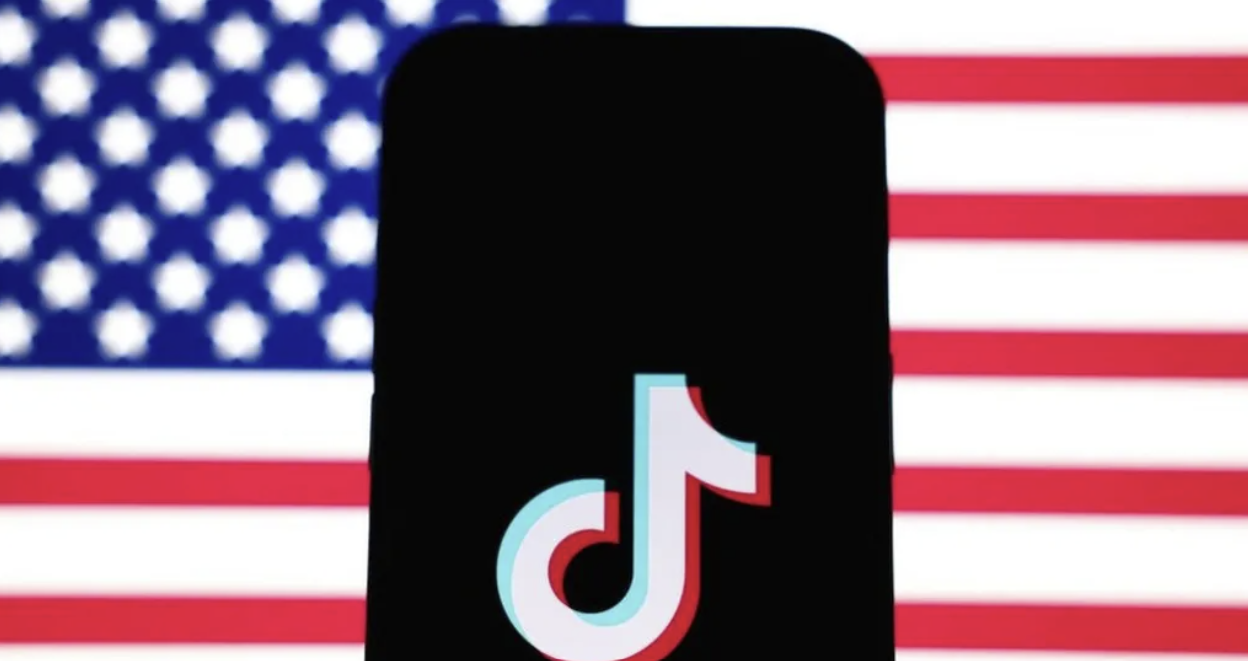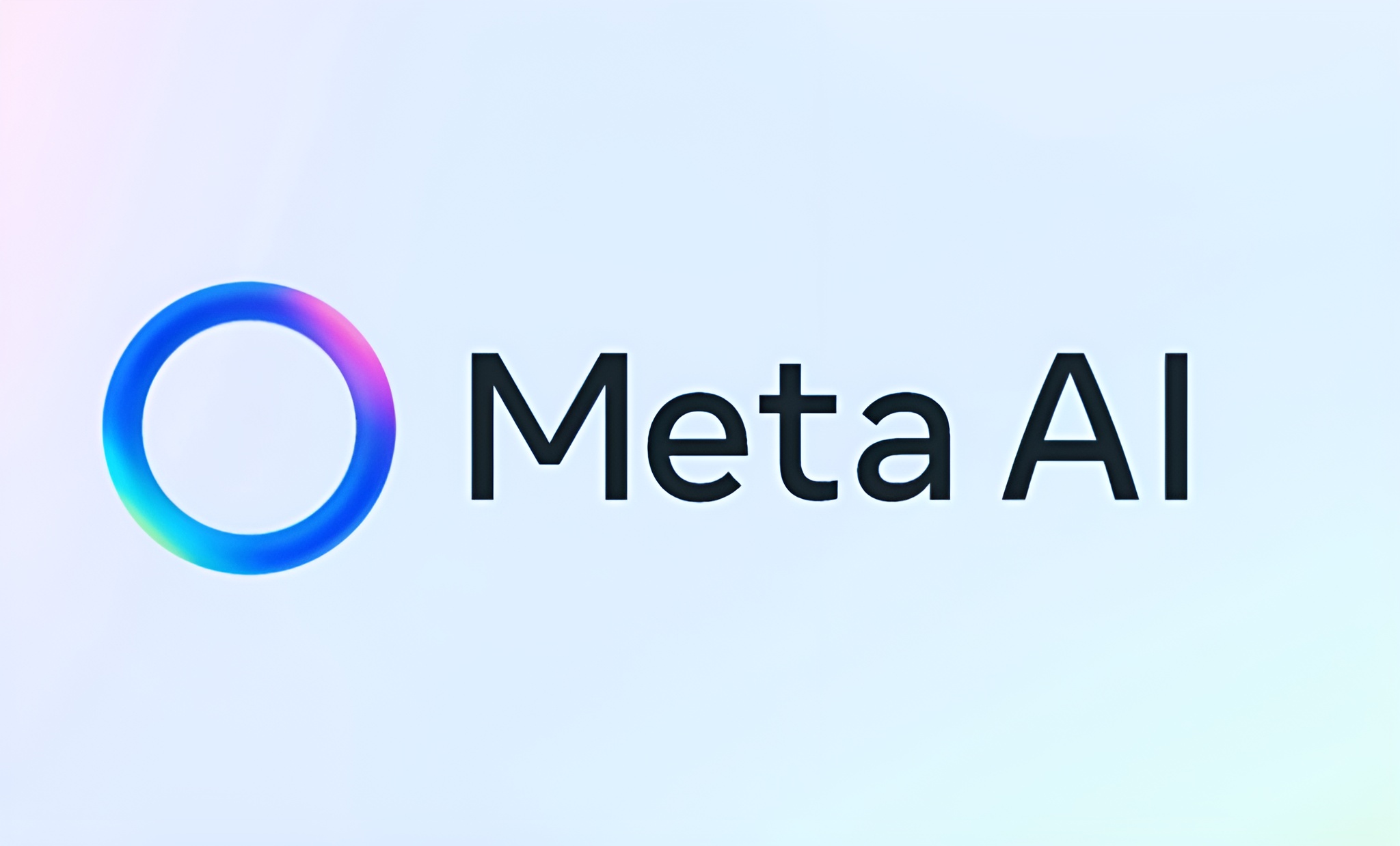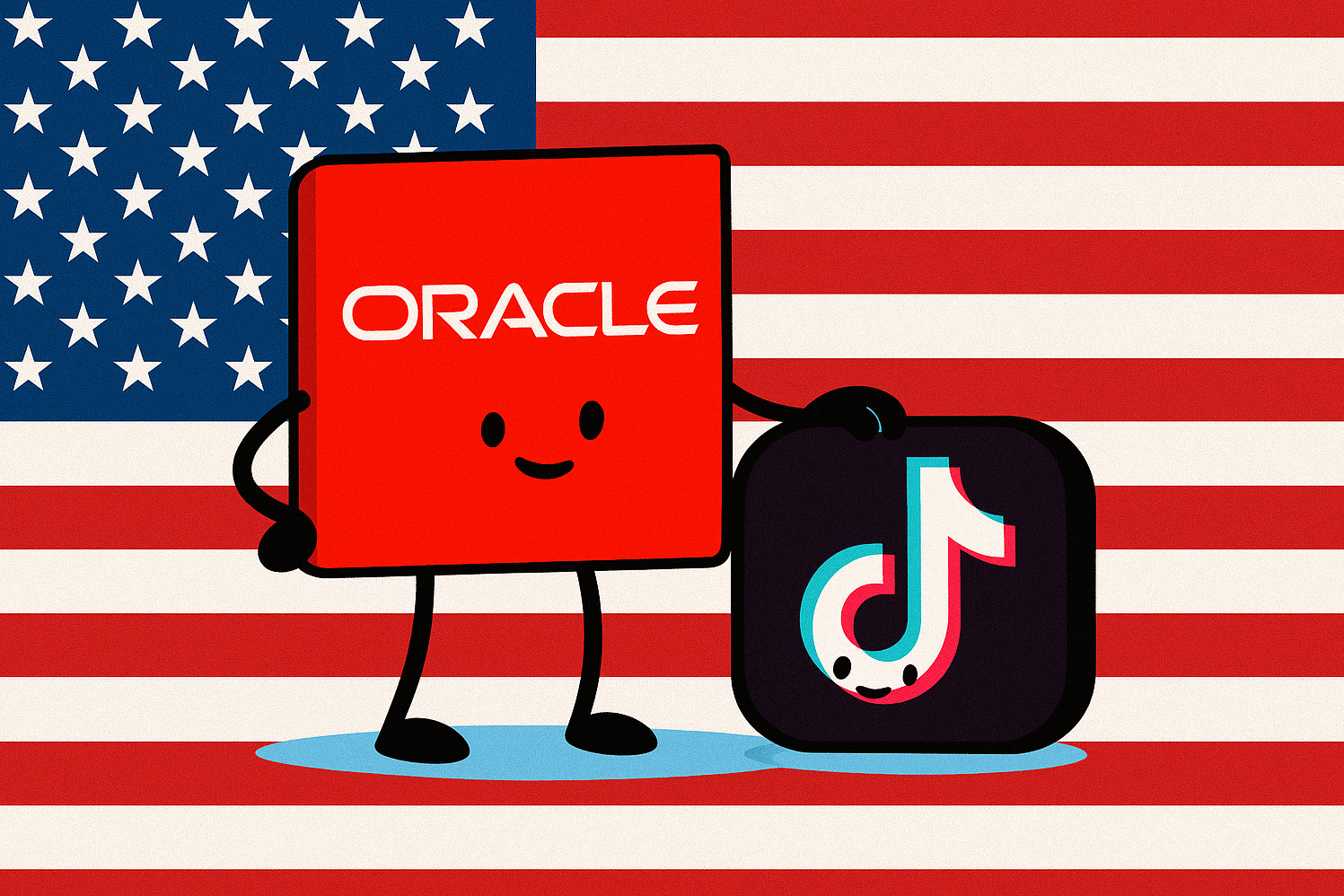Social media platforms, including Meta, TikTok and Snapchat, will begin sending notices to more than a million Australian teens, telling them to download their data, freeze their profiles or lose access when the national ban for under-16s comes into force on 10 December.
According to people familiar with the plans, platforms will deactivate accounts believed to belong to users under the age of 16. About 20 million Australians who are older will not be affected. However, this marks a shift from the year-long opposition seen from tech firms, which warned the rules would be intrusive or unworkable.
Companies plan to rely on their existing age-estimation software, which predicts age from behaviour signals such as likes and engagement patterns. Only users who challenge a block will be pushed to the age assurance apps. These tools estimate age from a selfie and, if disputed, allow users to upload ID. Trials show they work, but accuracy drops for 16- and 17-year-olds.
Yoti’s Chief Policy Officer, Julie Dawson, said disruption should be brief, with users adapting within a few weeks. Meta, Snapchat, TikTok and Google declined to comment. In earlier hearings, most respondents stated that they would comply.
The law blocks teenagers from using mainstream platforms without any parental override. It follows renewed concern over youth safety after internal Meta documents in 2021 revealed harm linked to heavy social media use.
A smooth rollout is expected to influence other countries as they explore similar measures. France, Denmark, Florida and the UK have pursued age checks with mixed results due to concerns over privacy and practicality.
Consultants say governments are watching to see whether Australia’s requirement for platforms to take ‘reasonable steps’ to block minors, including trying to detect VPN use, works in practice without causing significant disruption for other users.
Would you like to learn more about AI, tech and digital diplomacy? If so, ask our Diplo chatbot!








